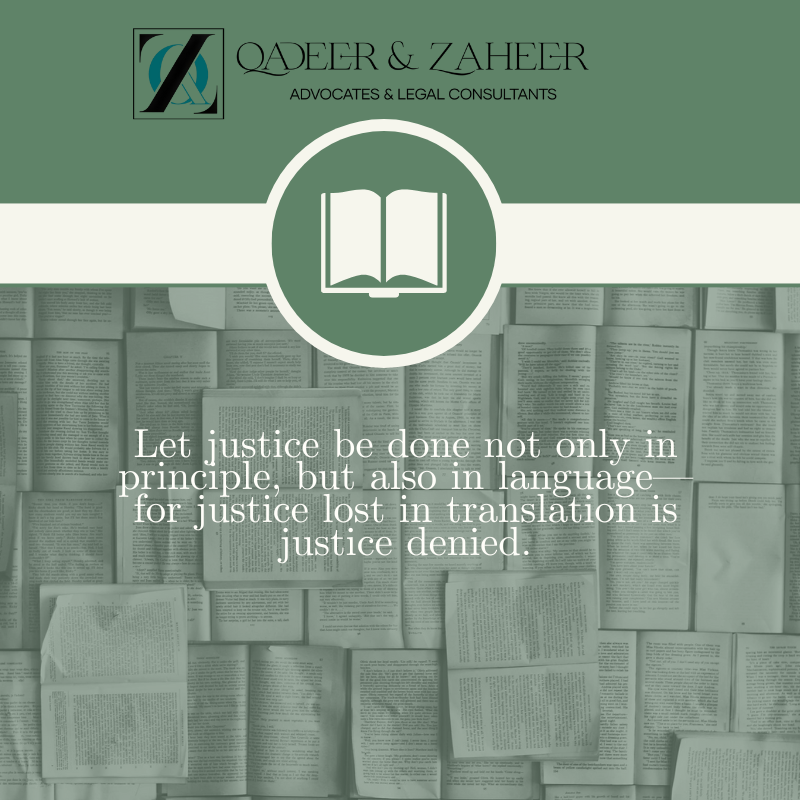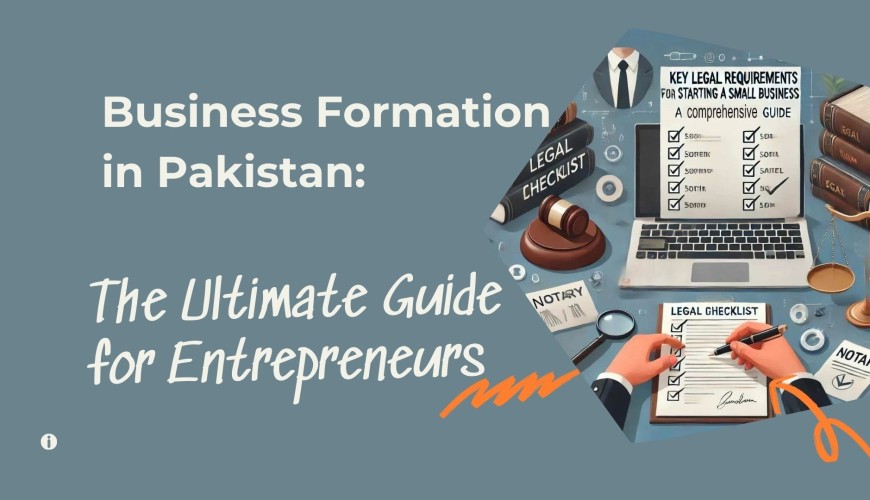What to Do If You’re Accused of Dishonored Cheque
(Section 489-F PPC) in Pakistan
Dishonored cheques are one of the most common causes
of criminal litigation in Pakistan, and allegations under Section 489-F of the
Pakistan Penal Code (PPC) can carry serious legal consequences, including
imprisonment and financial liability. If you or someone you know is accused of
issuing a bounced cheque, it’s critical to understand the law, your rights, and
the strategic legal steps to defend yourself effectively.
What is Section 489-F PPC?
Section 489-F of the Pakistan Penal Code criminalizes
the act of issuing a dishonored cheque “dishonestly” for the purpose of repayment
of a loan or the fulfillment of an obligation. The key elements of this
offense are:
- Issuance of a cheque.
- For repayment of a loan or fulfillment of an obligation.
- Dishonor of a cheque by the bank due to insufficient funds or other
reasons.
- Dishonest intent of the issuer at the time of issuance.
Punishment: The offense is cognizable, non-bailable,
and compoundable. If proven guilty, the accused may face up to three years of
imprisonment, a fine, or both.
Legal Meaning of a ‘Dishonored Cheque’
A cheque is considered dishonored when:
- It bounces due to insufficient funds.
- The account is closed
- There’s a stop payment instruction without a valid justification
- The signature does not match
Simply bouncing a cheque is not enough for conviction under Section 489-F. Dishonest intent at the time of issuing the cheque must be established
What to Do Immediately After Being Accused
1. Do Not Panic — Remain Calm and Strategic
First and foremost, don’t panic. Allegations are not
convictions. Many cases under Section 489-F are filed as pressure tactics to
force payment, even when no criminal intent exists.
2. Contact an Experienced Criminal Defense Lawyer
Hire a criminal lawyer with experience in white-collar
crimes and financial fraud. A qualified lawyer will:
- Analyze the FIR and complaint.
- Challenge the legality of the proceedings.
- Prepare your bail and defense strategy.
- Represent you in the trial.
3. Apply for Pre-Arrest or Post-Arrest Bail
Since the offense is non-bailable, there is a risk of
arrest. Immediate steps include:
- Pre-arrest Bail (Anticipatory Bail): File for anticipatory bail
before the relevant Sessions Court or High Court.
- Post-arrest Bail: If arrested, apply for post-arrest bail based on
the lack of evidence of dishonest intent.
Courts often grant bail if the transaction appears to
be civil in nature (e.g., business dealings or friendly loans without malafide
intent).
4. Review the Nature of the Transaction
Your lawyer should investigate the background of the
cheque:
- Was it issued as a guarantee or for security?
- Was there an actual obligation or loan?
- Is the claim supported by documentary evidence?
If the cheque was given without legal liability, the
case may not fall under Section 489-F.
5. Collect Documentary Evidence
Start gathering documents and evidence that may help
your defense:
- Copy of the dishonored cheque.
- Bank return memo stating the reason for dishonor.
- Any correspondence (WhatsApp, emails, messages).
- Loan or business agreements, if any.
- Proof of repayment or partial payment.
6. File an Application for Quashing of FIR (if applicable)
If the FIR is false or motivated by personal enmity,
you may file a petition under Section 561-A Cr.P.C. to quash the FIR through
the High Court.
Grounds include:
- No mens rea (criminal intent).
- The transaction is purely civil.
- No evidence of obligation or loan.
Legal Defenses Available
An experienced lawyer may use the following defenses
in your case:
A. Absence of Dishonest Intent
If you can prove that you issued the cheque in good
faith, not with fraudulent intention, you may not be held criminally liable.
B. Cheque Issued for Security
If the cheque was issued as security (e.g., for
a pending transaction or advance), and not against a fixed debt or loan, it
falls outside the purview of 489-F.
C. No Legal Obligation at Time of Issuance
If there was no enforceable legal liability or loan
at the time the cheque was issued, then Section 489-F does not apply.
D. Civil Nature of Dispute
If the transaction was a business dispute, partnership
misunderstanding, or contractual disagreement, it may be better resolved in
civil court, not under criminal law.
Settling the Matter Amicably
Since the offense is compoundable, the complainant can
legally withdraw the FIR if a settlement is reached. Many cases are settled out
of court, especially if:
- The accused agrees to make payment in installments.
- The parties come to a mutual agreement.
- Mediation is successful.
Once a compromise is reached, your lawyer can help
file an application under Section 345 Cr.P.C. to seek acquittal based on the
compromise.
What Happens If You Ignore the Complaint?
Ignoring a cheque dishonor accusation is dangerous.
Consequences include:
- Issuance of non-bailable warrants.
- Freezing of bank accounts.
- Arrest and jail time.
- Seizure of property or legal pressure through civil suits.
Always consult a lawyer and respond promptly to court
notices.
Conclusion
Allegations under Section 489-F PPC are serious, but
not always criminal. Many cases arise from civil disputes, business
misunderstandings, or a lack of proper communication. However, once an FIR is
registered, the matter becomes part of the criminal justice system.
Your best defense is knowledge, evidence, and strong legal representation.
At Qadeer & Zaheer (Advocates & Legal
Consultants), we have successfully defended hundreds of clients accused of
financial fraud, dishonored cheques, and white-collar crimes. If you or someone
you know is facing a Section 489-F case, reach out immediately for expert
consultation and defense strategy.









